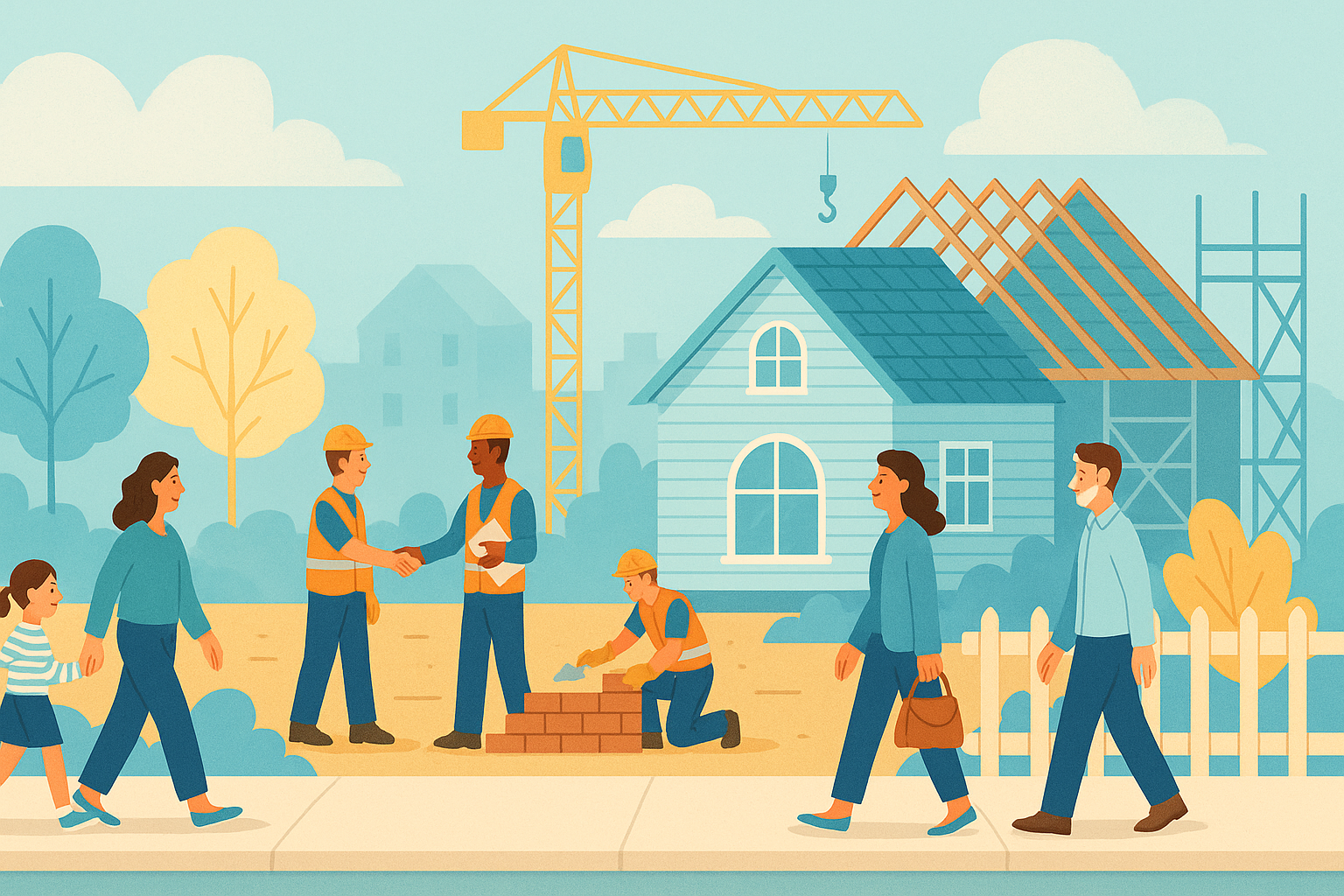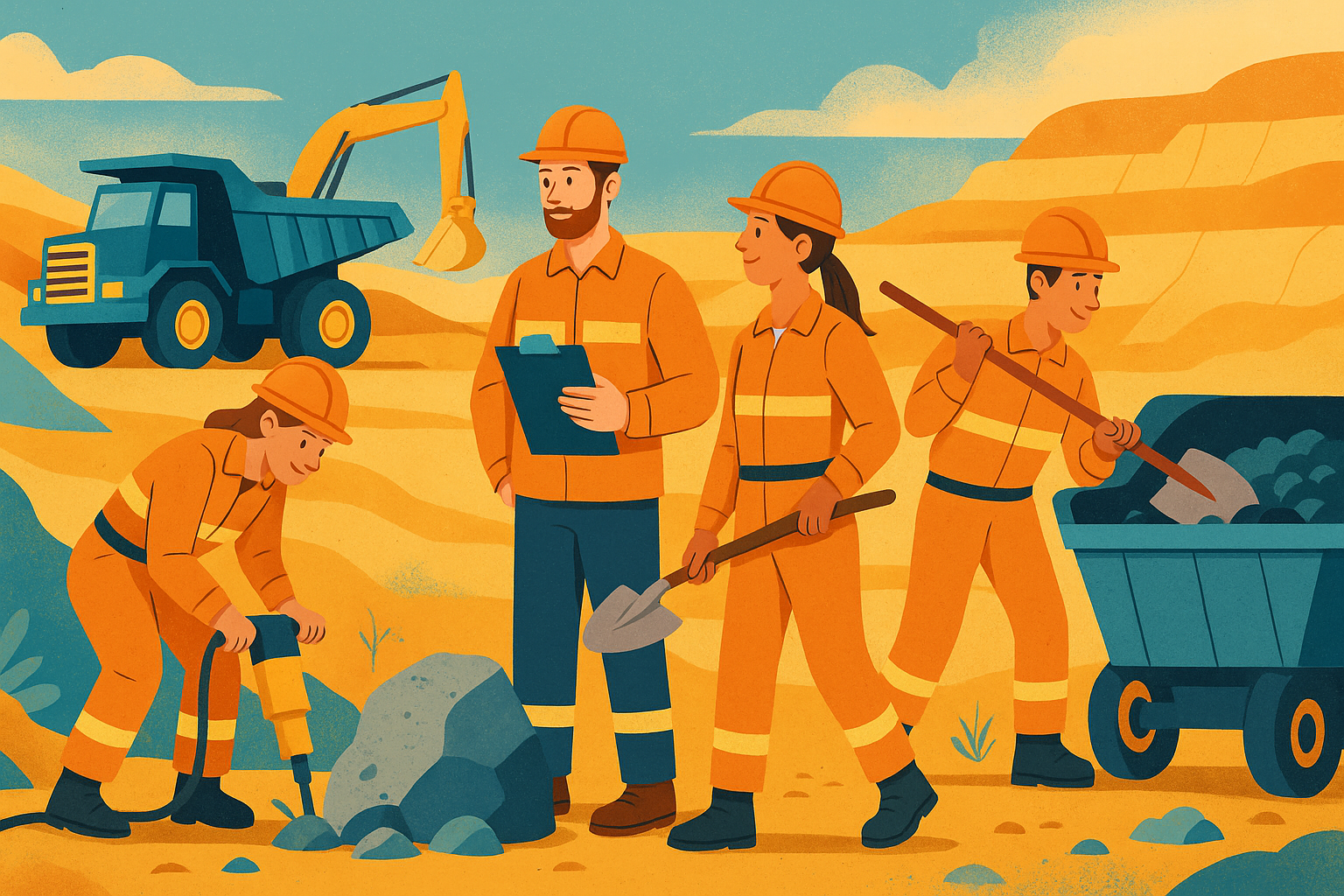

Getting Back to Work or Into the Community

Our clinic offers support in two main ways:
1. Help treat your pain and support your physical and mental well-being.
2. Support your return to work if possible — or help you build a meaningful life in the community if work is not an option.
Start Planning Early
In the early stages of injury, before you have regained work capacity, start thinking about your future. Our team, working with rehabilitation counsellors, can help you make plans. Successful rehabilitation usually requires time and careful planning.

Occupational Rehabilitation Options
There are various options for return to work or meaningful activity:
1. Return to your old job — usually with a plan to slowly build up your hours and duties, based on advice from your doctor and treating practitioners.
2. Work for your employer in a different role — something that suits your current abilities.
3. Start a new job with a new employer — this might require you to learn new skills or do some training.
4. Build a meaningful life without paid work — if your injury prevents a return to work, we will help you find purpose and connection in other ways.
We work closely with your employer, the workers’ compensation system, and rehabilitation counsellors to find the best way forward.
Support from Rehabilitation Counsellors and Insurers
Our team brings together pain doctors, physios, psychologists and OTs to create a coordinated plan. If going back to your old job isn’t possible but you’re still able to work, you might need help to decide what kind of work suits you now. Rehabilitation services can help with:
- Understanding what jobs are out there
- Looking at training options
- Finding out what’s realistic within the workers’ compensation system
Once your goals are clear, progress is often smoother.
We assess diagnosis, function and context, then work with you, your GP, employer, case manager and any legal representatives to move forward.
We provide detailed reports, case meetings, and clear RTW recommendations tailored to the person — not just the paperwork.


Not Sure What You Can Do? Vocational Counselling Can Help
If you’re unsure about your future or what kind of work you can do, vocational counselling can help you think about it and decide. For example, Rehabilitation Counsellors can look at:
- Your strengths and interests
- What training you might need, and if it is covered by workers’ compensation
- How to find and organise that training.
- Whether you can physically do certain jobs — sometimes using work simulations (like testing if you can drive a truck)
Understanding the Workers’ Compensation System
In South Australia, workers’ compensation insurers make decisions about rehabilitation and return to work. Disagreements can arise over funding, how long training should take, or what kind of rehabilitation is best. We will stand by you, work with your solicitor, claims agent, and rehabilitation team, and speak up for what’s fair.
If things get stuck, legal help or going to a tribunal involvement might be needed. We will support you through that.

Talk to your GP about referral
If you have persistent pain and disability after a workplace injury, and have a referral from your GP or specialist, we are available to help. We will support you with clear information, individualised care, and a structured path forward.
